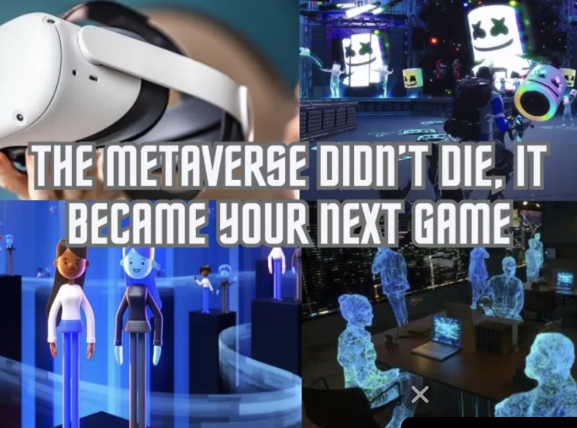Virtual stores are emerging as focal points in the holiday metaverse strategies of various brands.
As retailers begin to roll out their metaverse strategies for the holidays, virtual stores appear to be the format of choice for many.
Earlier this month, J.Crew announced the launch of the holiday version of the metaverse store it opened over the summer in partnership with experiential commerce platform Obsess. Beauty Brand L’Occitane also opened a holiday shop in the metaverse in November, which mimics a chalet in the Provençal French Alps. Bloomingdale’s also announced the return of its metaverse store this holiday, featuring a 3D interpretation of its flagship location.
For the last three years, brands have been incorporating various metaverse experiences into their holiday marketing campaigns. Some brands have previously opted to develop virtual try-on experiences, create interactive challenges or give users the chance to co-create virtual products. This holiday season, however, more brands have been investing in ways to bring the fun of in-store shopping into the digital world by way of metaverse stores.
“The moniker of metaverse isn’t the thing that’s resonating with consumers. Instead, it’s convenience and customization,” said Marcus Collins, marketing professor at The University of Michigan and author of “For The Culture.” “People want autonomy. They want agency to shop the way they want, when they want, at their own discretion.”
After the hype around the metaverse mellowed out, some brands began to scale back their metaverse strategies. For example, Walt Disney axed the team responsible for mapping out its metaverse strategies, while social media giant Meta has lost about $46.5 billion since 2019.
Still, there is growing interest in virtual spaces. In Roblox’s third-quarter earnings report, the metaverse platform saw average daily active users rise 20% year-over-year to 70.2 million.
Beauty brands like Fenty Beauty and Maybelline New York have continued to develop immersive spaces and activities on Roblox. Roblox has gained popularity with kids under the age of 13 but it also has niche communities on the platform for certain interest areas. For its most recent brand campaign on Roblox in partnership with virtual DJ Kai, Maybelline said in a press release that it was specifically aiming to capture the attention of the “vibrant music community” on the platform.
Melanie Nuce-Hilton, senior vice president of innovation and partnerships at not-for-profit data standards organization GS1 US, said that these virtual stores allow brands to reach a wider range of consumers. Users who don’t live in close proximity to a physical store can oftentimes miss out on the full brand experience.
ModernRetail
#immersiveexperiences #virtualworlds #virtualexperiences #virtualcommerce #metaverseexperiences #icommerce #immersivecommerce #ecommerce #virtualshopping







